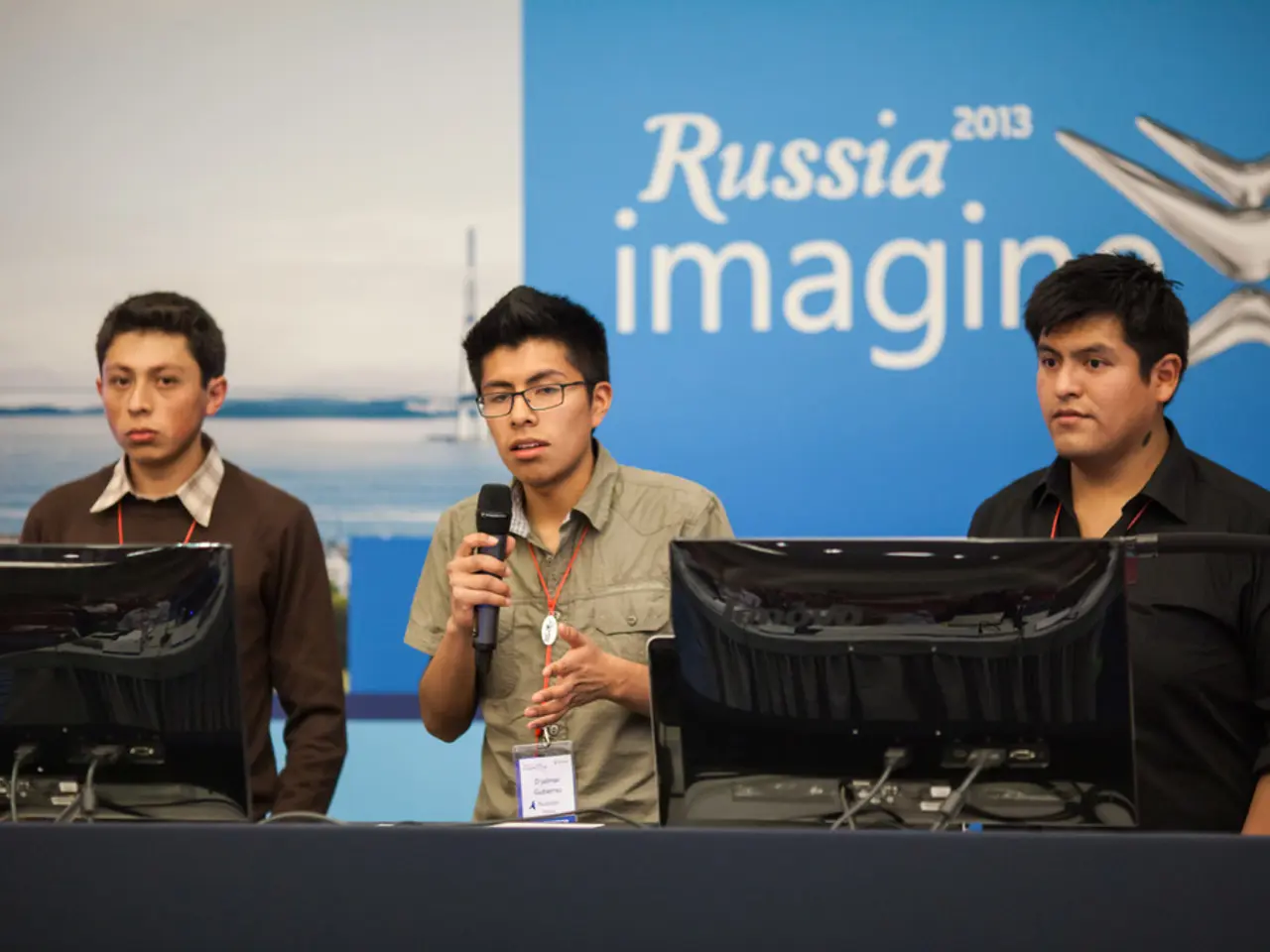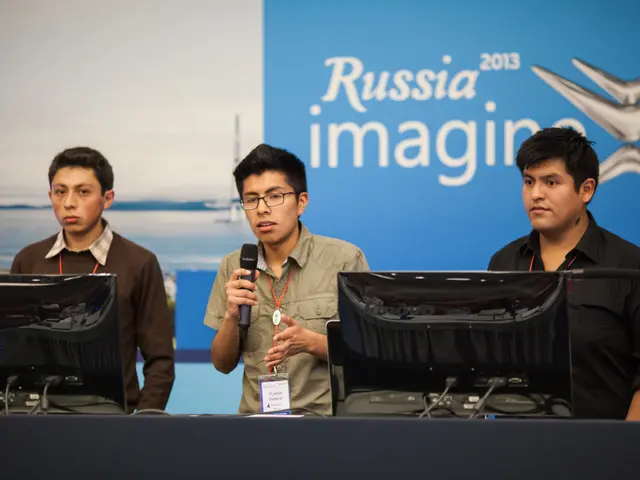EU's forthcoming sanctions strategy towards Russia: Prohibition of LNG imports starting from 2027
The European Union (EU) has announced a new sanctions package against Russia, following a series of escalating tensions and the failure of the U.S. peace initiative for Ukraine. The package, which is expected to be unanimously adopted by all 27 EU countries, aims to tighten the economic screws on Russia and curb its ability to finance the war in Ukraine.
The sanctions include denying further banks from Russia and friendly countries access to EU capital markets. Moreover, there are plans to prohibit transactions with these banks and to step up action against the use of cryptocurrencies.
EU Commission President Ursula von der Leyen stated that Russia has shown contempt for diplomacy and international law. She emphasised that the EU's stance is to uphold peace and justice, and the sanctions are a means to achieve that.
The new sanctions are not without controversy, as some countries like Hungary are critically opposed to any new measures. However, Germany and France, along with Nordic and Eastern European countries, have advocated for a very powerful new sanctions package.
The sanctions package also proposes a gradual phase-out and complete end of Russian gas imports by the end of 2027, and a full import ban on oil by the same date. Last year, Moscow's gas deliveries accounted for about one fifth of all EU gas imports, and more than half of it comes as LNG.
The ban on Russian LNG imports into the EU will come into effect as early as the beginning of 2027, a year earlier than previously planned. This decision was made in response to the new heavy Russian air strikes on Ukraine.
In addition, there are plans for trade restrictions against further companies from countries such as China and India. The threat to the EU is increasing due to Russia's actions, and the EU wants to avoid harming trade relations with these countries despite U.S. suggestions for high tariffs on Russia's trade partners.
The sanctions also target the Russian defense industry, with new export bans on goods and services that can be used by the Russian defense industry or strengthen Russian industrial capacities. These include certain chemicals, building materials, and services in the field of artificial intelligence.
Trump has recently expressed frustration with Putin's course and offered the prospect of European participation in new sanctions against Russia if they completely stop energy purchases from Russia. However, Russian gas continues to flow into the EU, mainly as LNG and via the TurkStream pipeline.
The sanctions package also includes measures against the Russian credit card system (Mir) and the quick payment system SBP. It is proposed to list more than 100 ships that are part of the so-called Russian shadow fleet for circumventing energy sanctions. These ships will no longer be allowed to dock in EU states' ports and will also no longer be able to be insured, financed, or equipped by European companies. This would affect around 560 ships in the future.
From the Brussels perspective, the Kremlin leader, Vladimir Putin, is not seen as engaging with the peace initiative of U.S. President Donald Trump. The EU has made it clear that it stands with Ukraine and will continue to take action to protect its values and interests.
The negotiation process for the new sanctions package is expected to be difficult, but the EU is determined to send a strong message to Russia. The sanctions are a demonstration of the EU's commitment to peace, justice, and the rule of law, and a warning to Russia that its actions have consequences.
Read also:
- Potential Consequences of Dismantling FEMA Vary Across States
- Puerto Rico's Climate Lawfare Campaign experiences another setback with the dismissal of its deals.
- "US Wind criticizes the Trump administration's decision to abandon the Delmarva offshore wind farm project, accusing it of being politically driven"
- Putin's Struggle to Hang On to His Outer Regions








